Every time when it comes to raising children, Dr. Clove always receives messages from mothers like this:
My father and I have to go to work every day. My child was brought by my grandmother from an early age. Now I am 1 year old and 10 months old. I am very dependent on my grandmother. I must sleep with my grandmother. I am very grateful to the old man for helping to take care of the child, but as long as there is an old man, the child does not need his mother. My heart is quite uncomfortable.
It is impossible for us to live separately from the elderly. We are especially worried that we will not kiss our children and do not know what to do.
Not only that, many mothers will also worry that if the old man takes care of the children, will the children lose at the starting line?
Do the problems of intergenerational rearing really exist? How should mothers deal with it?
Today, Dr. Clove invited teacher Chang Run, an education expert and kindergarten director, to talk about the problem of intergenerational rearing.
Is it really undesirable to raise children from other generations?
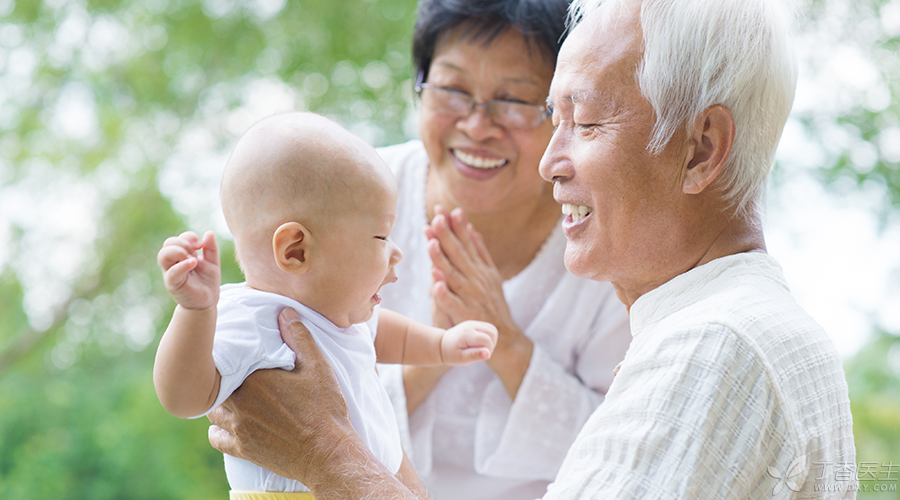
There are two kinds of alternate generation rearing, one is to send the children back to their hometown, the other is to take the old man home to take the children.
1. Send the children back to their hometown
If the child is sent back to his hometown to be raised from an early age, the parents have little chance to establish emotional connection with the child and do not understand the child’s nature and growth experience.
This kind of long-term off-site intergenerational rearing is really easy to cause emotional alienation between parents and children, which should be avoided as much as possible.
2. Take the old man home and take care of the children,
If parents go to work during the day, take the elderly to their homes to take care of their children, take care of their children to eat, drink, sleep, and go to see a doctor when they are ill, then mothers can rest assured that there is no research showing that this kind of alternate parenting will have a negative impact on their children.
Not only that, there are many advantages for the elderly to take care of their children. For example, it is more worry-free and money-saving to give it to the elderly than to give it to nannies or nurseries. The elderly have plenty of time and patience. Sometimes parents are impatient with a book, but the elderly are still willing to say it over and over again.
Therefore, if the old man is willing to help take care of the baby at home, parents may as well generously affirm the value of the old man and be grateful.
If you can bring it yourself, you can’t bring it to the elderly.
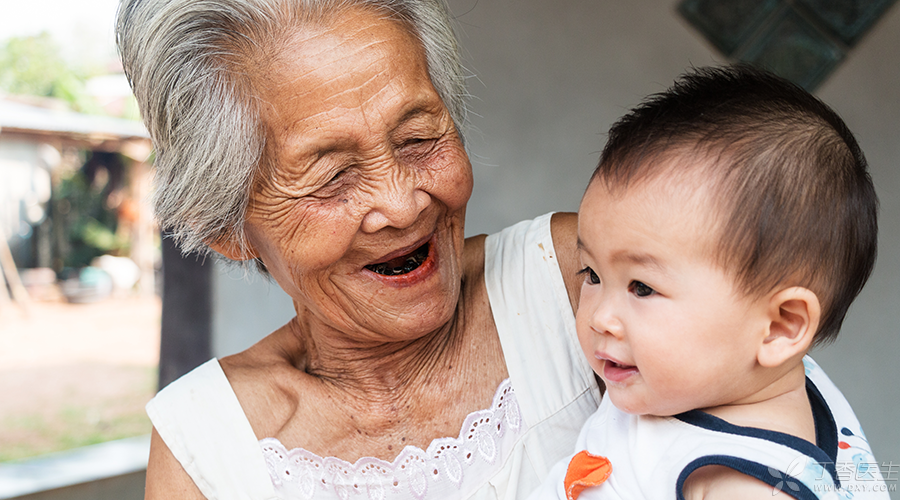
There are many people who say such words, but it is more suitable for parents who do not have a harmonious relationship with the elderly and have communication difficulties.
We don’t have to worry about hearing that [foreign countries basically have mothers taking care of their babies full-time at home]. It is very likely that foreign grandparents took care of three or four babies when they were young, and they don’t want to take care of babies when they are old. Moreover, foreign manpower is too expensive and it is too expensive to hire full-time nannies.
Is it because of the old man that the child and his mother do not kiss?
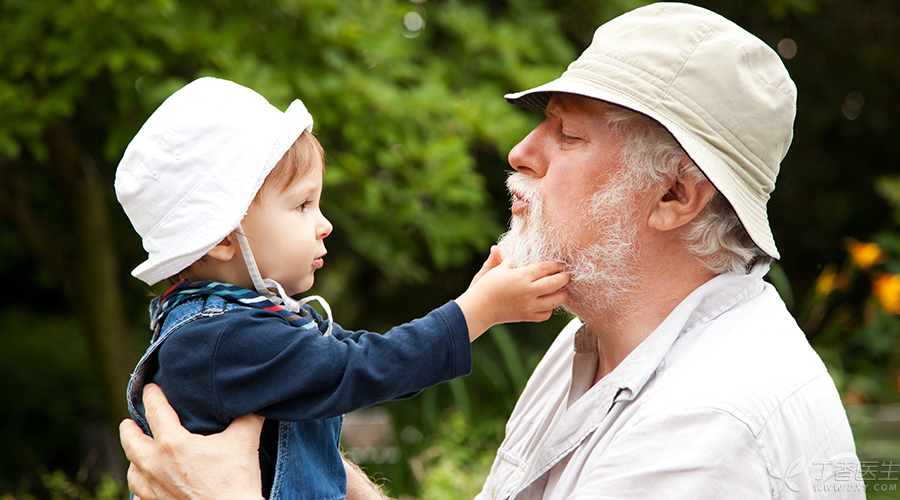
Don’t worry, no, the reason why the child kisses the grandmother is that the grandmother takes care of and accompanies herself most of the time. The child has experienced a 100% sense of security on the grandmother and will naturally find the grandmother when she is sleepy, hungry, tired and ill. This is normal.
The mother is worried that if her child and grandmother kiss, she will alienate herself. This is too much worry.
Professionally, children can establish safe attachment relationships with multiple people at the same time.
This is like a child having several chairs in his heart, which will be left to those who make him feel loved and safe. Grandma can sit on one, mother can also sit on one, and there is no competitive relationship between the two.
At the end of the day, whether there is a mother in the chair in the child’s heart depends on whether the mother makes the child feel accepted and loved in the process of getting along with the child, and has nothing to do with the existence of others.
Most of the time, it is not necessarily because the child is close to the grandmother, but because the mother thinks that the child is closer to the grandmother, resulting in inferiority, guilt or jealousy, which will affect the parent-child relationship instead.
What should I do if I want my grandmother instead of my mother?
1. Mother should have confidence in herself,
As the person who brought your child to this world, you have an irreplaceable connection with your child. As long as you have the courage to accept your child’s feelings, understand his needs and make his child feel respected and loved, the relationship between your child and you will be healthy and close.
For example, when a child says [no mother], mothers should not pay too much attention. The child is only two years old, and what he can say is very limited. What he does not know is that what he can say will give others what feelings.
What he may want to say is: I love my mother very much, but I am more accustomed to my grandmother sleeping with me. Grandma knows which song I like to listen to when I sleep and what kind of quilt to cover…
Instead of secretly grieving, it is better to find a way to solve this problem-to be sure that the old man and the children are well taken care of, and to accompany the old man when he coaxes the children to sleep, so as to understand the children’s sleep habits, etc.
2. If Mom wants to take over, step by step
Children are used to doing things with grandma. If mother wants to take over, she has to come bit by bit.
This is not only the case with the children to sleep, but also when feeding the children to eat, taking the children out to play, etc., you can do it with the old man first, and then slowly take over by yourself.
In this way, not only will the children be more and more able to accept the existence of their mothers, but the elderly will also be more and more relieved of their mothers and give the children to you when you have time.
Don’t feel uncomfortable all the time because you see your child getting closer to your grandmother, or even speak ill of your grandmother, hoping that your child will alienate your grandmother. This kind of refusal to accept your grandmother will eventually lead your child to push your mother out in order to protect your relationship with your grandmother, making her more [not kissing].
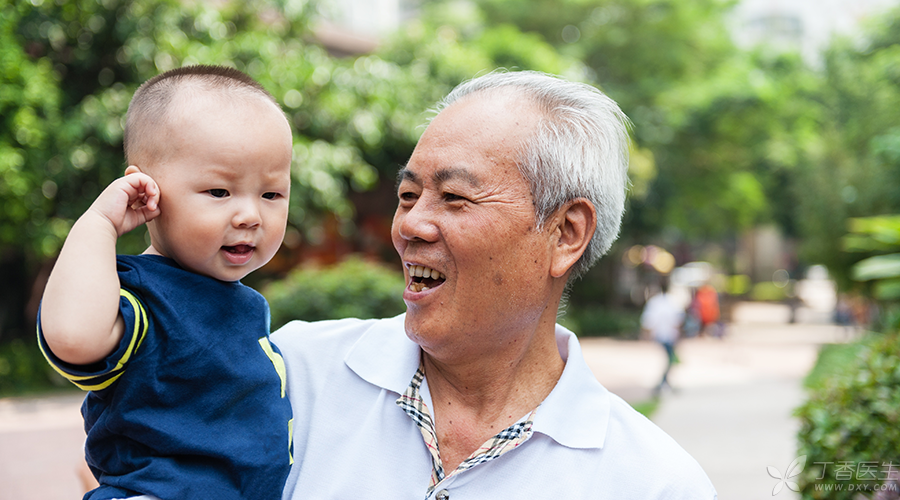
3. Mothers Should Have Confidence in the Elderly
This is not to say that they believe in their multi-specialty, but in their love for their children.
In the kindergarten where I work, Xiao Ming was brought up by her grandmother and grandfather, not to mention kissing the old couple.
I remember there was a time when Xiao Ming urinated on his pants for several days in the kindergarten. When Grandpa came to deliver his pants, he said to Xiao Ming in the toilet:
Piss and tell the teacher, piss again and spank you!
The teacher felt that it was inappropriate to say so, so she mentioned it when her mother came to pick it up. I didn’t think her mother not only didn’t complain about the old man, but also relieved the teacher:
It’s all right. The old man loves the children more than I do. Can he really fight? At most, he can frighten them.
No matter whether the education method is good or bad, we all admire Xiao Ming’s mother’s mentality.
In the later observation, I also found that in many successful intergenerational families, there are parents who are tolerant of the elderly and a harmonious family atmosphere.
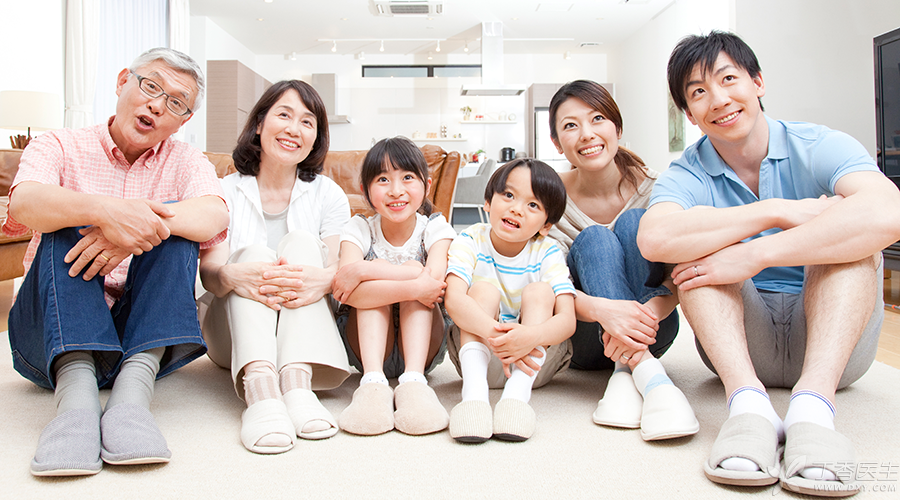
4. Old people, like children, need the support of their parents, not criticism.
Give more support and help to the elderly in life, so that the child feels that his mother has accepted his relationship with his grandmother, and he will be willing to establish a closer relationship with his mother.
For example-
The physical strength of the elderly is limited, so parents can take care of their children as much as possible at night and on weekends. The elderly do not know much about early education and need parents to provide different support to the elderly at different stages.
At a time when the child will leave and begin to express [I want to come by myself], it is necessary to affirm the old man’s behavior of letting go, and try to let the child go by himself when going out. Don’t eat or chase after him all the time.
Encourage the elderly to take their children to expand social interaction, for example, to make more friends in the community, to visit other people’s homes, and try not to stay at home.
In fact, when children get older and closer to their parents, the elderly will also feel lost. It is better to subsidize the elderly to travel and don’t let the elderly feel that they are old and not needed.
In short, in the intergenerational upbringing, grandparents and parents are not opposites, and the health of children’s growth does not depend on whether they bring it to the elderly or not, but on how’s own upbringing and how’s intergenerational upbringing. Accepting children’s love for grandma, children will gradually establish more and more intimate relationships with their mothers.
